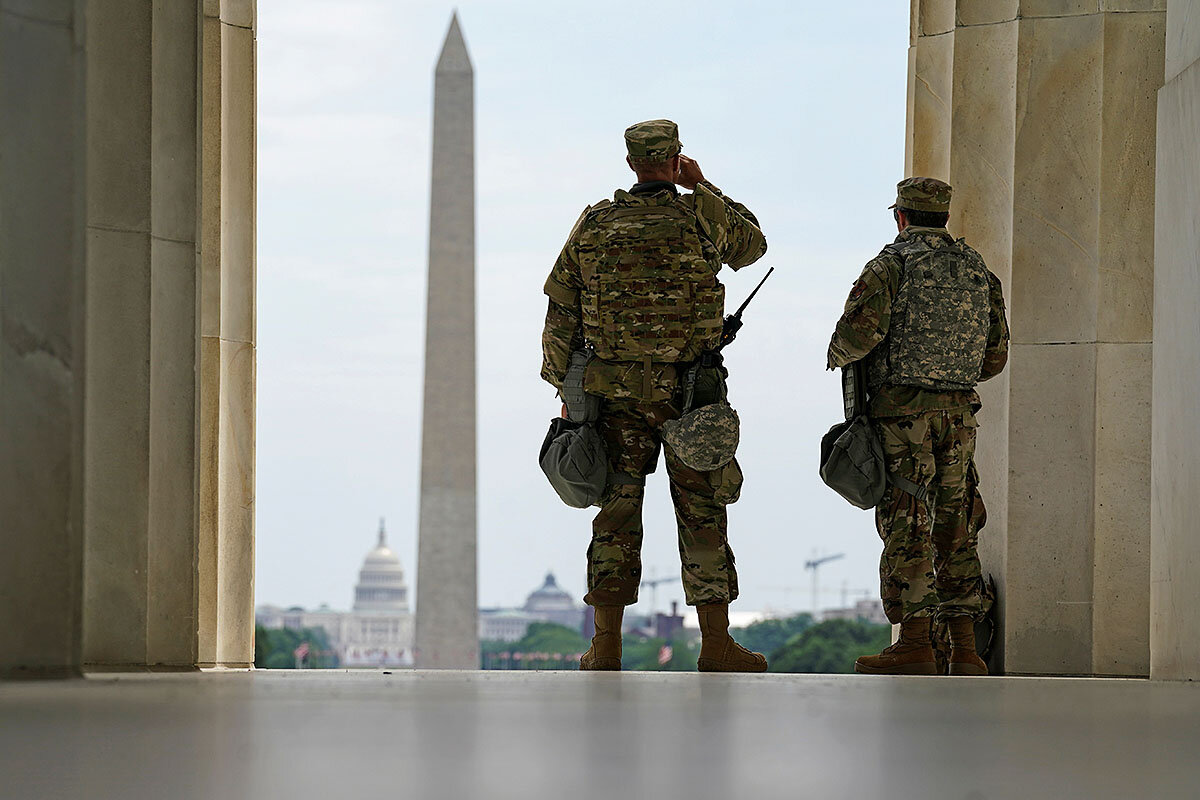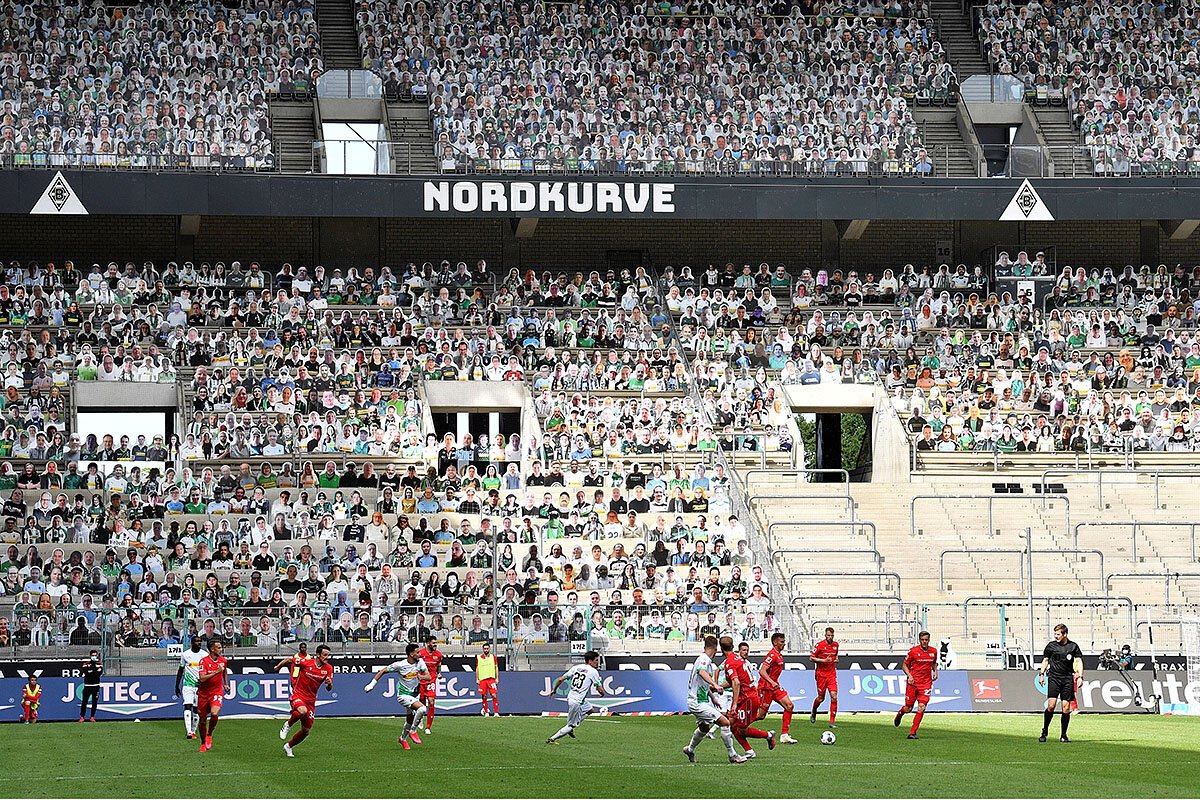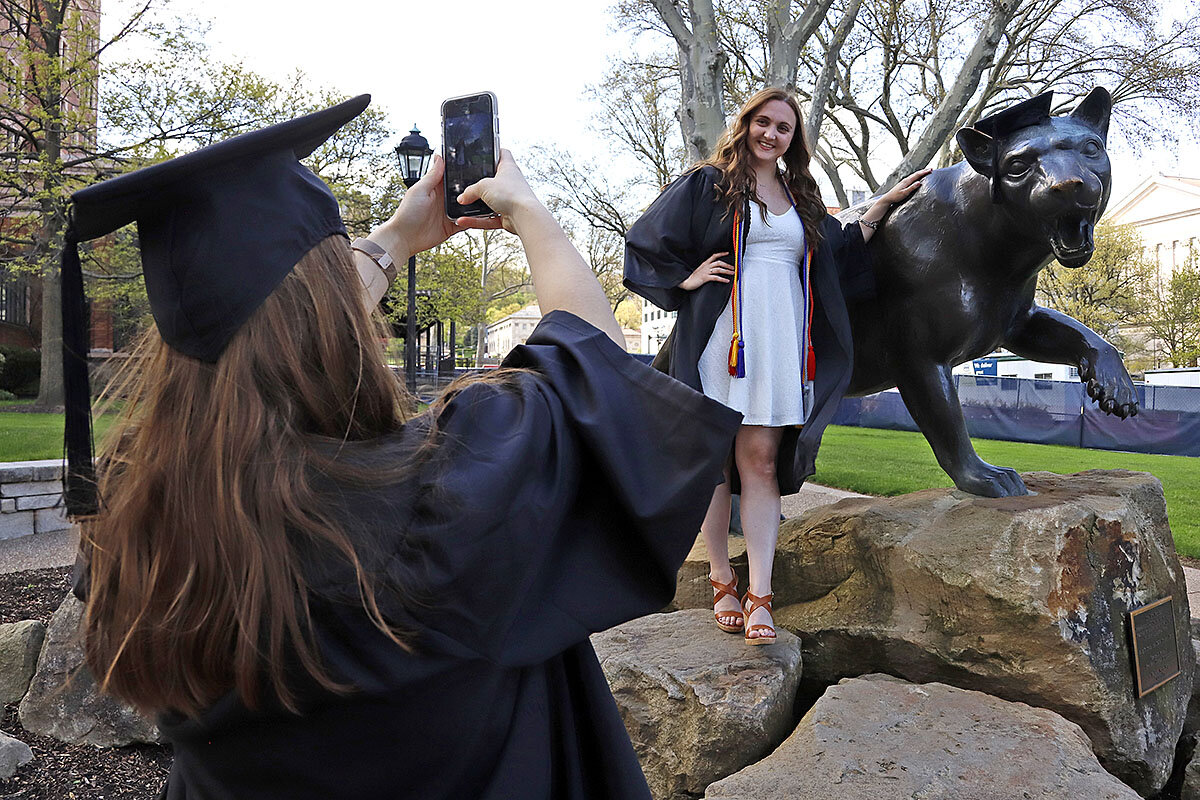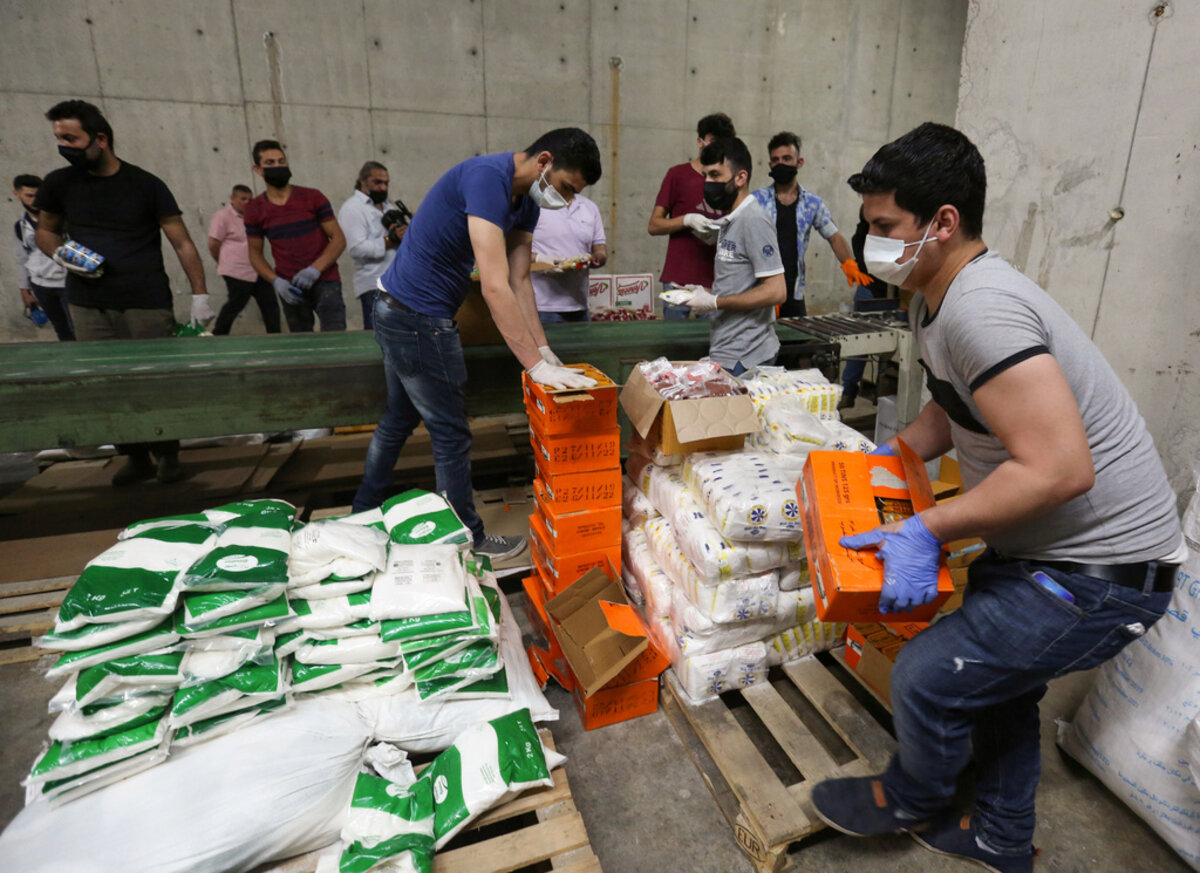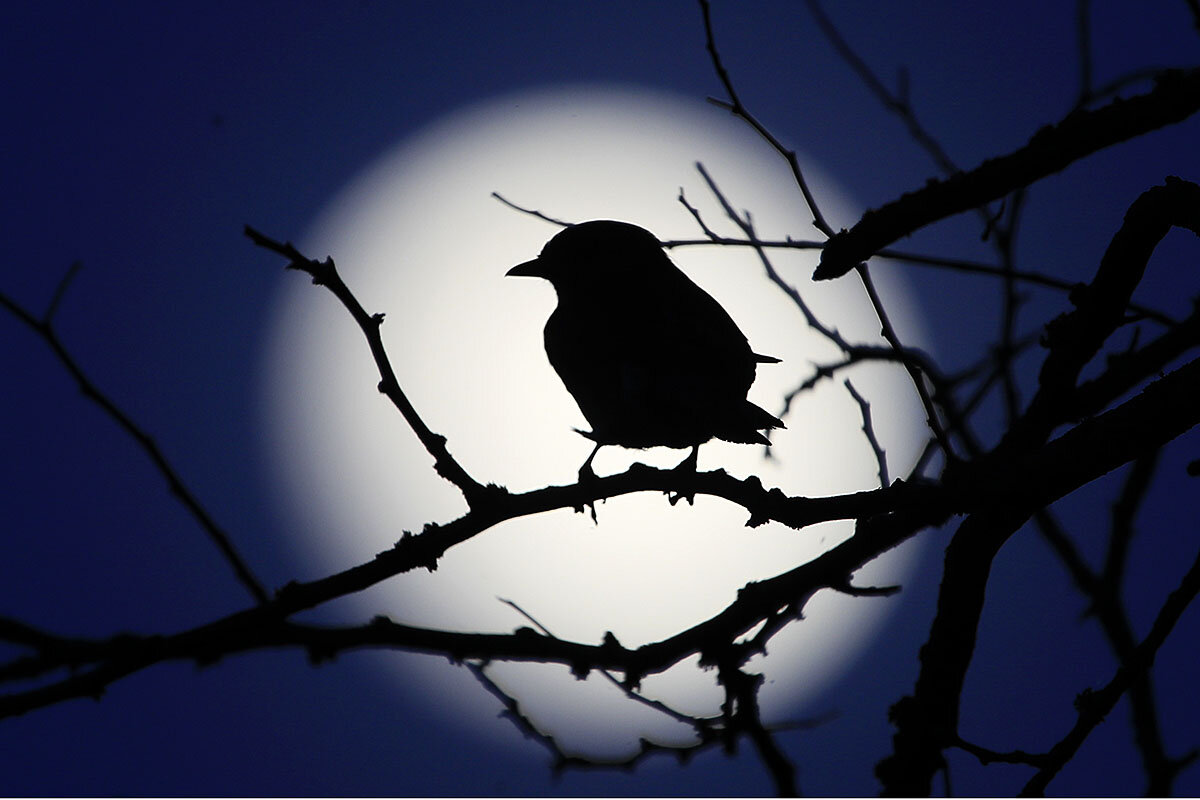There is now debate in the U.S. about whether the active duty military should be used to quell unrest spurred by the killing of George Floyd. History may hold some lessons for what happens when Washington sends in the troops.
Monitor Daily Podcast
- Follow us:
- Apple Podcasts
- Spotify
- RSS Feed
- Download
 Noelle Swan
Noelle Swan
Mavis Rudof was in third grade the first time someone told her he didn’t like her because she was black.
“I told my dad I felt bad for [the boy],” says the 14-year-old from her home in Williamsburg, Massachusetts. “I knew he didn’t really mean what he was saying.”
I first knew Mavis as a 3-year-old student in my preschool classroom. We called her a mini teacher, as she loved helping her friends and sharing observations about the world around her. Those frequently concerned her skin color and how different it looked from most of her friends’.
“As a young kid I really wished I was white,” she says. “From a very young age, because I was adopted into a white family, I knew that I was different.”
Today, she is one of just a few black students at her school. Last year, a girl called her the N-word as a guest speaker showed a photo from a lynching.
When confronted with racism, she still plays the educator. But, she says, “It’s exhausting. I don’t want to have to teach and educate white people but I will engage in conversation.”
And now, after George Floyd’s murder at the hands of a police officer, conversation no longer feels sufficient.
“It’s an awful feeling of watching someone who looks like me be killed and knowing that if it was a white man they probably wouldn’t have even been suspicious,” she says.
So at her father’s suggestion, she has joined local protests.
At school, she leads the social justice council and dreams of following her father to become a public defender. She vows she will work “to obstruct the injustice that we are living in right now,” she says. “I won’t be silenced.”




